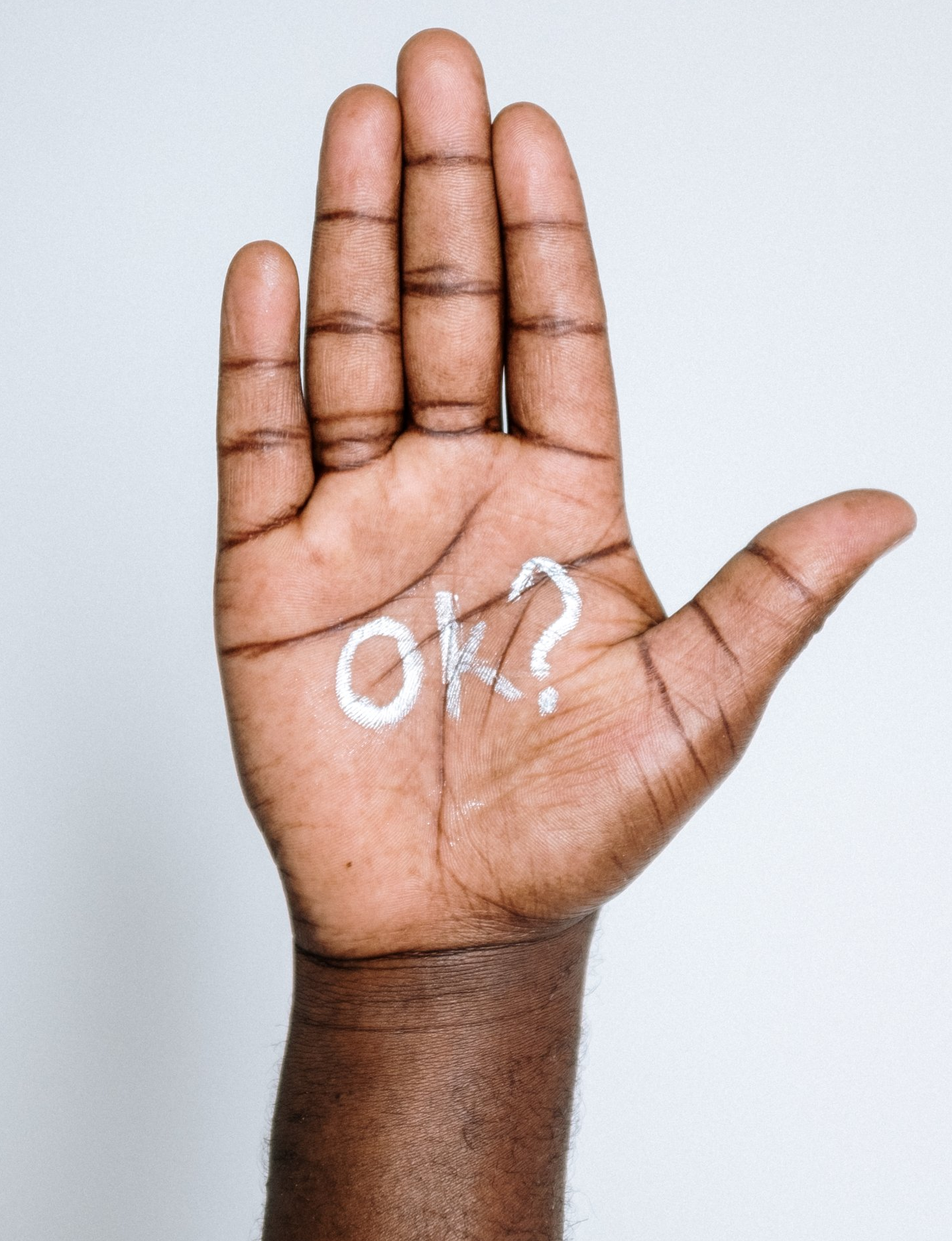Personal Grievances
Have you been treated unfairly or unreasonably at work?

In an ideal world, employer and employee working relationships would be fantastic. Unfortunately, this isn’t always so. Employment relationships can break down and employees can be prone to being treated unfairly at work. If you have ever found yourself as an employee in a position where you wish to make a formal complaint against your current or former employer, you may have a personal grievance.
What is a personal grievance?
A personal grievance is one of the main ways for workers to take a legal claim against their employer if they believe their employer has acted unfairly or unreasonably towards them.
You can use the personal grievance process if your employer has fired (“dismissed”) you unfairly or done something else you think is unjustified, such as unfairly or unreasonably putting you off work (“suspension”), giving you a written warning, or giving you a lesser job (“demotion”). A personal grievance is also available on certain other grounds, like discrimination and sexual harassment.
An employee can raise a personal grievance if they feel that they were:
·Unjustifiably dismissed
·Unjustifiably disadvantaged
·Discriminated against
·Sexually or racially harassed
·Bullied
·Subject to duress due to membership or non-membership of a union or employees’ organisation.
More about the situations in which an employee can raise a personal grievance , or if you would like to discuss this further with a Ward Adams Bryan-Lamb lawyer, please contact us now.
Unjustified Dismissal
An employee may claim their dismissal was unjustified if they can show they were dismissed, and they believe that the employer did not have good reason or the process used by the employer to dismiss was unfair.
In order for the process to be considered fair, relevant workplace policies and processes must be followed. The employer does not have to be perfect, minor errors may not make the whole process unfair. Examples of these processes may be:
·Disciplinary processes
·Managing employee performance
·Workplace change processes
·Bullying, harassment and discrimination.
How do I raise a personal grievance?
You can make your employer aware of your personal grievance either directly or in writing. It is better to do this in writing so that you have a record of all the details. If you do this verbally, you should take notes. Be aware that your claims need to be clear, and in enough detail for the employer to be able to respond to, or your ability to take legal action may be affected.
How much time do I have?
A personal grievance must be raised with the employer within 90 days of when the personal grievance arose or first came to the employee's attention (whichever is the later). In exceptional circumstances it may be possible to raise a personal grievance after the 90-day period but this carries significant risk.
For more information about raising a personal grievance after the 90-day period, give us a call at Ward Adams Bryan-Lamb.
Resolving a personal grievance
You may be able to resolve your personal grievance directly with your employer. If you are unable to achieve this directly with your employer, you may also request mediation from an independent mediator. The mediator can help you and your employer to reach agreement on how to resolve your personal grievance. Mediation is confidential.
You can also make a claim directly to the Employment Relations Authority (ERA). Ordinarily, before the ERA hears the matter, the ERA requires the parties to have first attempted mediation.
More about the process for raising a personal grievance here , or to talk to a Ward Adams Bryan-Lamb lawyer now.
When does the Employment Court get involved?
There are various circumstances in which the Employment Court could become involved. One of the Employment Court’s functions is to hear challenges to decisions made in the ERA. This usually occurs when one of the parties involved is dissatisfied with the ERA decision.
More information about going to Employment Court , or speak to a Ward Adams Bryan-Lamb lawyer.
How can we help
At Ward Adams Bryan-Lamb we are experts in personal grievances. If you would like future advice and help on how to raise a personal grievance and the process around personal grievances, give us a call now.











